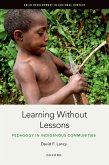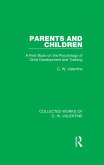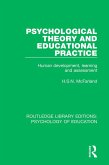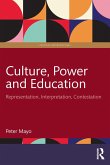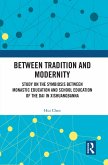In
Learning Without Lessons, David F. Lancy fills a rather large gap in the field of child development and education. Drawing on focused, empirical studies in cultural psychology, ethnographic accounts of childhood, and insights from archaeological studies, Lancy offers the first attempt to review the principles and practices for fostering learning in children that are found in small-scale, pre-industrial communities across the globe and through history. His analysis yields a consistent and coherent "pedagogy" that can be contrasted sharply with the taken-for-granted pedagogy found in the West. The practices that are rare or absent from indigenous pedagogy include teachers, classrooms, lessons, verbal instruction, testing, grading, praise, and the use of symbols. Instead, field studies document the prevalence of self-guided learners who rely on observation, listening, learning in play from peers the hands-on use of real tools and, learning through voluntary participation in everyday activities such as foraging. Aiming to reverse the customary relation between western and non-Western theories or ideas about child learning and development, this book concludes that the pedagogy found in communities before the advent of schooling differs in very significant ways from that practiced in schools and in the homes of schooled parents.
Dieser Download kann aus rechtlichen Gründen nur mit Rechnungsadresse in A, B, BG, CY, CZ, D, DK, EW, E, FIN, F, GR, HR, H, IRL, I, LT, L, LR, M, NL, PL, P, R, S, SLO, SK ausgeliefert werden.
Hinweis: Dieser Artikel kann nur an eine deutsche Lieferadresse ausgeliefert werden.



